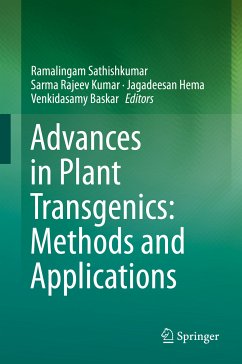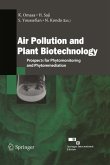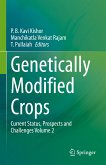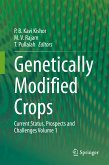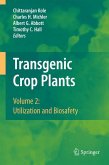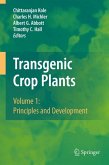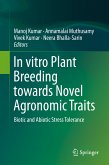This book discusses the commercial applications of plant transgenic technologies, including the use of transgenic cell culture approachesto improve the production of metabolites and high-value therapeutics as well as transgenic plants in pest management. It also explores generation of novel vectors, protein production using chloroplast engineering and the latest developments in this area, such as genome editing in plants. Featuring general discussions and research papers by leading international experts, it is a valuable resource for scientists, teachers, students and industrialists working in the field.
Dieser Download kann aus rechtlichen Gründen nur mit Rechnungsadresse in A, B, BG, CY, CZ, D, DK, EW, E, FIN, F, GR, HR, H, IRL, I, LT, L, LR, M, NL, PL, P, R, S, SLO, SK ausgeliefert werden.
Hinweis: Dieser Artikel kann nur an eine deutsche Lieferadresse ausgeliefert werden.

